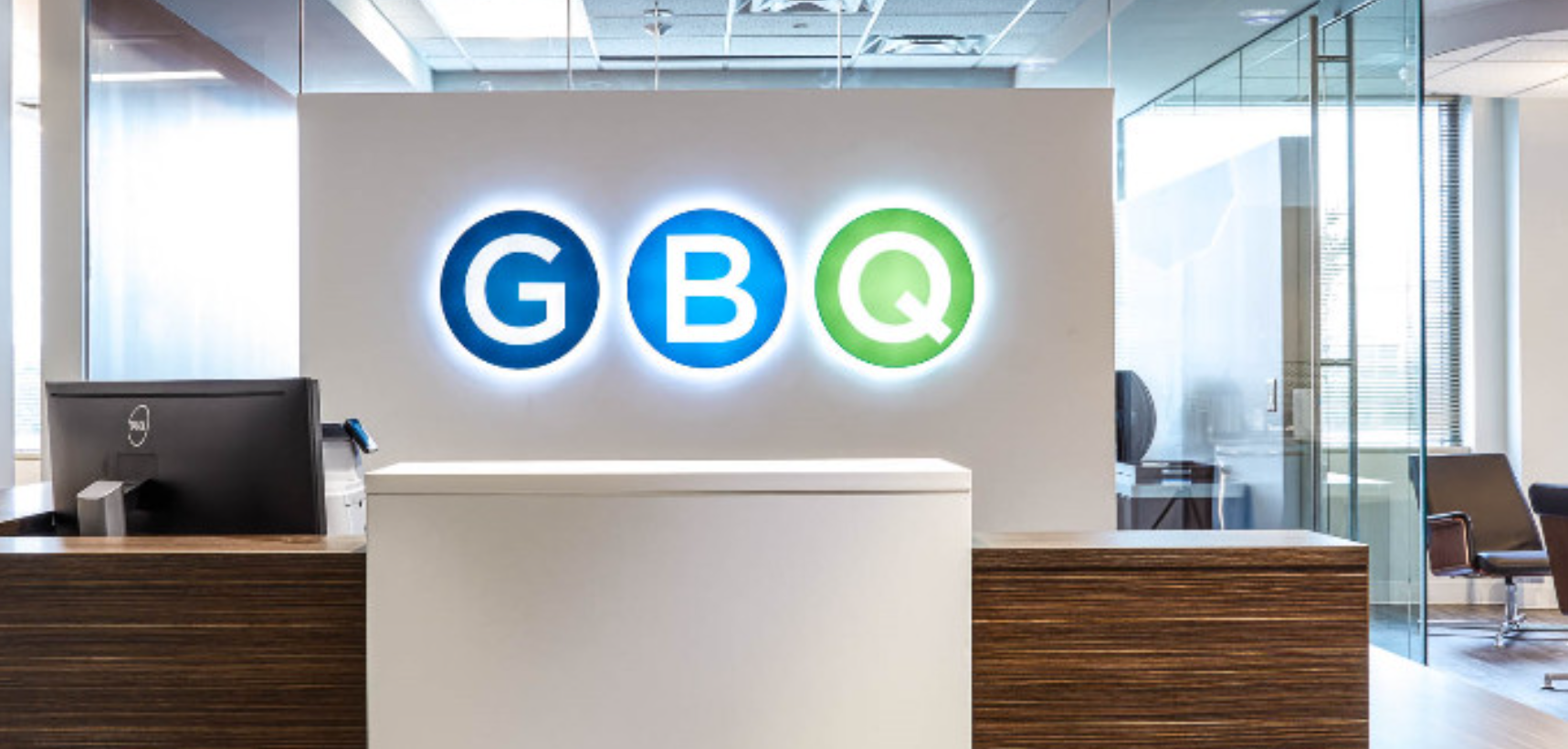A Top Technology Initiative Article. – March 2024.
As business tax season winds down in the US Market, many leading partners have contacted me for strategic technology guidance for 2024 and beyond. Unlike the old days when public practice CPAs rarely spoke to anyone but clients and other team members during tax season, it is evident that CPA firms have become year-round businesses. Why?
First, there is no denying that there is still a “busy season.” Further, extension season for some firms is busier. And yes, many say compliance work is going away, but ask if that is true for your practice. Do you and your team still complete and file returns? I know I have certainly done that again this year, even though I am lucky enough to have many other professionals assist me.
However, all these contacts from partners managing firms got me thinking about the more significant issues for firms. These issues certainly trigger looking for solutions. While I certainly do not know all the solutions, I see a fairly good pattern in the questions.
So, What Are the Common Issues in CPA Firms?
The following list and suggestions are certainly not all the concerns but are a good starting point. Begin building your list now for action after the busy season is over. Other authors have published good summaries such as Breaking Down the Top Issues Facing CPA Firms and 10 Challenges CPA Firms Face and How to Solve Them.
Retaining and Attracting Talent:
- Concern: Recruiting and retaining skilled professionals. The accounting profession faces a significant talent shortage, with many firms struggling to find and retain qualified staff. This is due to several factors, including an aging workforce, competition from other industries, and a lack of awareness of the profession among younger generations.
- Solutions:
- Provide growth opportunities: Foster a positive work culture.
- Invest in recruiting and onboarding: Firms need to develop strong recruiting strategies to attract top talent and invest in onboarding programs to help new hires get up to speed quickly.
- Offer competitive salaries and benefits: To compete with other industries, firms must offer competitive salaries and benefits packages.
- Promote the profession: The accounting profession needs to do a better job of promoting itself to younger generations, highlighting the many career opportunities available.
Staying Up to Date on Current Tech:
- Concern: Keeping pace with technological advancements, integrating them effectively, and having the necessary tools and technology for efficient operations.
- Solutions:
- Invest in continuous training for staff: Adopt robust practice management software and explore automation tools.
- Invest in technology: Firms must allocate budget resources to invest in innovative technologies to improve efficiency, accuracy, and client service.
- Provide training and support: Firms need to provide their staff with the training and support they need to learn and use modern technologies effectively.
- Stay current on the latest trends: The accounting industry is constantly evolving, so it is crucial for firms to stay current on the latest trends and technologies.
- Regularly assess equipment needs: Invest in reliable hardware and software and consider cloud-based solutions.
Encouraging Clients to Use Customer Portals:
- Concern: Clients are reluctant to embrace digital platforms for document sharing and communication.
- Solutions:
- Educate clients about the benefits of secure portals: Provide user-friendly interfaces and incentivize their use.
- Use only one portal: In the current market, too many firms use more than one portal. Choose one portal to fit all your firm and client needs.
IRS Service Issues:
- Concern: Challenges related to IRS services have been particularly pronounced recently.
- Solutions:
- Firms should stay informed about IRS updates: Streamline communication channels, and proactively address client needs during tax seasons.
- Automate notice handling: Select and implement technology for this purpose.
Keeping Your Workplace Efficient Amid Rising Client Expectations:
- Concern: Ensuring smooth workflow processes. Client expectations are changing, and firms need to meet those expectations to retain clients. Clients are increasingly demanding more than just traditional compliance services. They are also looking for firms that can provide them with advisory services and help them to grow their businesses.
- Solutions:
- Streamline internal procedures: Allocate resources effectively and encourage collaboration among team members.
- Understand your clients’ needs: Firms need to take the time to understand their clients’ needs and develop service offerings that meet them.
- Communicate effectively: Firms need to communicate effectively with their clients about their services and how they can help them achieve their business goals.
Competition from Non-traditional Firms and Standing Out from the Crowd:
- Concern: Differentiating the firm in a competitive market. Traditional CPA firms face increasing competition from non-traditional firms, such as online accounting firms and bookkeeping services. These firms often offer lower prices and more flexible service options, which can appeal to clients.
- Solutions:
- Develop a unique value proposition: Enhance client experience and actively engage in networking and marketing efforts.
- Differentiate your firm: Firms must find ways to differentiate themselves from the competition. Differentiation could involve specializing in a particular niche, offering unique services, or focusing on providing exceptional customer service.
- Embrace technology: Technology can help firms to compete more effectively with non-traditional firms. By investing in technology, firms can improve efficiency and offer clients more convenient service options.
Maintaining Cybersecurity and Data Privacy:
- Concern: Protecting sensitive client data from cyber threats. Cybersecurity is a major concern for all businesses, but it is crucial for CPA firms, which often hold sensitive client data. Firms need to have strong cybersecurity measures in place to protect themselves from cyberattacks.
- Solutions:
- Implement robust security protocols: Conduct regular risk assessments and educate staff on best practices.
- Implement a cybersecurity plan: Firms must develop and implement a comprehensive cybersecurity plan that includes measures to prevent, detect, and respond to cyberattacks.
- Train staff on cybersecurity: All staff members should be trained in cybersecurity best practices, such as identifying and avoiding phishing emails and creating strong passwords.
- Invest in cybersecurity software: Firms should invest in security software that can help protect their data from unauthorized access.
Being Overly Cautious About Automation and AI:
- Concern: Balancing automation with human expertise. Artificial intelligence and Machine Learning will change the profession, but people will still be in charge and need to guide and review the work.
- Solutions:
- Establish policies first: Make it clear to your team members what is permitted and what is not.
- Embrace automation selectively: Focusing on repetitive tasks while maintaining personalized client interactions.
- Look for opportunities to automate mundane tasks: In addition to repetitive tasks, look for areas to automate that require significant practitioner effort.
Evolving Regulatory Landscape:
- Concern: The regulatory landscape is constantly changing, and firms must keep up with the latest regulations to comply. This can be a challenge, as new regulations can be complex and time-consuming to implement.
- Solutions:
- Stay up to date on new regulations: Firms need to have a system in place to stay up to date on new regulations that may impact on their business. This could involve subscribing to industry publications or attending industry events.
- Seek professional advice: When faced with complex new regulations, firms may seek professional advice from accountants or lawyers specializing in regulatory compliance.
Navigating Seasonality Challenges and Work-life Balance:
- Concern: Managing workload fluctuations during peak seasons. The accounting profession’s long hours and demanding schedules can make it difficult for employees to achieve work-life balance. This can lead to burnout, stress, and high turnover rates.
- Solutions:
- Plan ahead: Allocate resources strategically and consider outsourcing or hiring temporary staff as needed.
- Promote work-life balance: Firms must create a culture that promotes work-life balance. This could involve offering flexible work arrangements, such as remote work options or compressed workweeks.
- Provide employee wellness programs: Firms can offer employee wellness programs to help employees manage stress and maintain their health.
Economic uncertainty:
- Concern: The global economy faces various uncertainties, including inflation, rising interest rates, and geopolitical tensions. These uncertainties can make it difficult for firms to plan for the future, leading to decreased client demand for services. The cost of doing business is rising due to factors such as inflation and increasing regulatory compliance costs. This can put pressure on firms’ profitability.
- Solutions:
- Develop a contingency plan: Firms must develop a contingency plan to respond to different economic scenarios. This plan should include measures to cut costs and maintain profitability during challenging times.
- Diversify your client base: By diversifying their client base, firms can reduce their risk from any one sector of the economy.
- Find ways to improve efficiency: Firms need to find ways to improve their efficiency and reduce their operating costs. This could involve investing in technology or automating tasks.
- Raise prices: If necessary, firms may need to raise their prices to cover the increasing cost of doing business. However, they must be careful not to price themselves out of the market.
The need for continuous learning:
- Concern: The accounting profession is constantly evolving, and firms must invest in continuous staff learning. This is essential for ensuring staff members have the skills and knowledge to stay up to date with the latest trends and regulations.
- Solutions:
- Offer training and development opportunities: Firms must offer their staff training and development opportunities to help them stay up to date on the latest trends and regulations. This could involve providing access to online courses, attending industry conferences, or sponsoring staff to pursue professional certifications.
- Encourage a learning culture: Firms should create a learning culture where staff members are encouraged to continue their professional development. This could involve providing staff with time and resources to learn new skills.
Remember, addressing these concerns requires a combination of strategic planning, adaptability, and a client-centric approach. Each firm’s context may vary, so tailor solutions to your circumstances.
So, What’s Next?
CPA firms face a multitude of challenges and opportunities for growth. Key concerns include attracting and retaining talent in a competitive landscape, adapting to evolving technology and regulations, and meeting changing client needs. Additionally, firms must navigate economic uncertainties, rising costs, and the need for continuous learning to stay ahead. CPA firms can thrive in the coming years by embracing these challenges and implementing solutions like investing in technology, promoting work-life balance, and offering valuable services.
While numerous obstacles may lie ahead, CPA firms can navigate them with strategic vision and unwavering commitment. By investing in our most valuable resource – our talented staff – we can embrace technology’s transformative power and stay ahead of the ever-evolving regulatory landscape. Meeting the changing needs of our clients, both present and future, demands a deep understanding of their aspirations coupled with the delivery of exceptional, personalized services. Embracing adaptability and continuous learning will equip us to thrive in an environment of economic uncertainty and rising costs. Let us rise to these challenges with innovative spirit and unwavering dedication, securing the continued success of our firms and the accounting profession.
====
Randy Johnston has been an entrepreneur, technologist, and teacher for most of his career. He has helped start and run many businesses, and founded Network Management Group, Inc. and owns half of K2 Enterprises. He has written for accounting and technology publications for four decades, and for CPA Practice Advisor since 2000.
Thanks for reading CPA Practice Advisor!
Subscribe Already registered? Log In
Need more information? Read the FAQs
Tags: Firm Management, Technology





